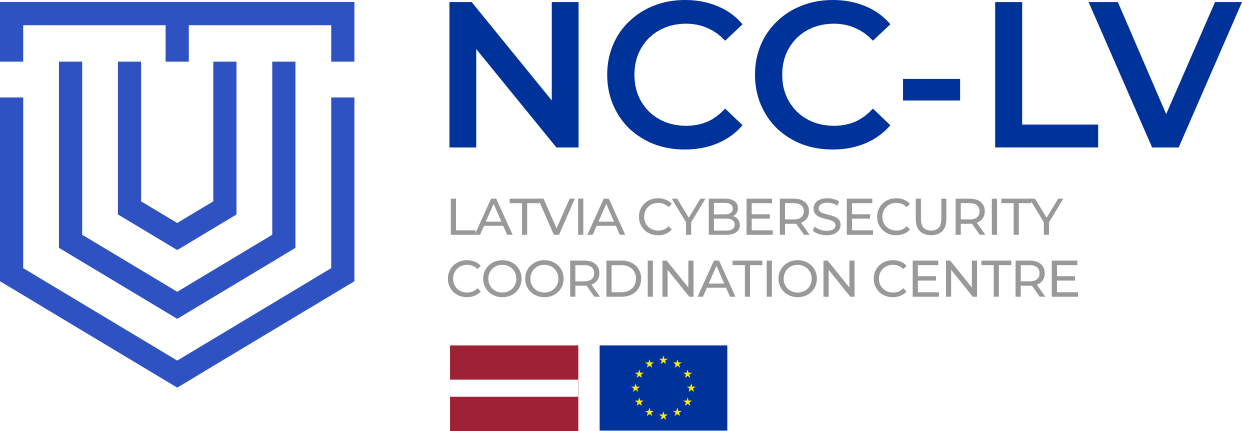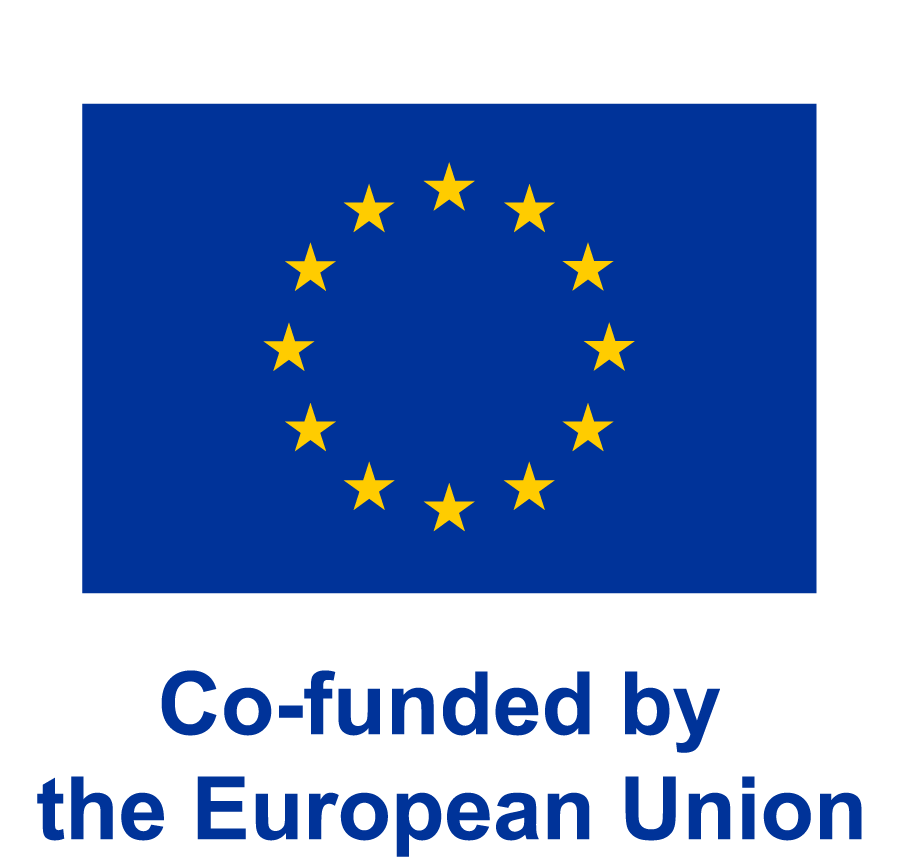ECCC National Coordination Center
The Regulation (EU) 2021/887 of the European Parliament and of the Council of 20 May 2021 established the European Cybersecurity Industrial, Technology and Research Competence Centre, also known as the European Cybersecurity Competence Centre (ECCC).
The overall objective of the ECCC is to promote research, innovation and deployment in the area of cybersecurity, as well as to support the European cybersecurity competence community composed of private and private entities.
The mission of the ECCC is to:
- strengthen its leadership and strategic autonomy in the area of cybersecurity by retaining and developing the EU’s research, academic, societal, technological and industrial cybersecurity capacities and capabilities necessary to enhance trust and security, including the confidentiality, integrity and accessibility of data, in the Digital Single Market;
- support EU's technological capacities, capabilities and skills in relation to the resilience and reliability of the infrastructure of network and information systems, including critical infrastructure and commonly used hardware and software in the EU;
- increase the global competitiveness of the EU’s cybersecurity industry, ensure high cybersecurity standards throughout the Union and turn cybersecurity into a competitive advantage for other EU industries.
The Regulation also requires each member state to establish a National Coordination Centre (NCC) that would identify the local cybersecurity competence community, inform the community of the opportunities to receive EU co-financing for implementation of cybersecurity-related projects, as well as coordinate and supervise the community projects that are co-financed by the ECCC-managed EU financial instruments.
The functions of the Latvian NCC are carried out by the Ministry of Defence in cooperation with the Ministry of Education and Science, Ministry of Environmental Protection and Regional Development, and CERT.LV.
Cybersecurity Competence Community
Law on the Grant Management of the European Cybersecurity Competence Centre for the Programming Period 2021-2027 came to force on 18 October. This law, inter alia, regulates procedure for registration and other requirements towards members of Latvia’s National Cybersecurity Competence Community.
Entities eligible for community membership include state institutions and agencies, public entities or private legal entities duly registered in Latvia and partnerships with full legal capacity having the resources required to contribute to mission of ECCC and NCC network, as well as cybersecurity expertise in at least one of the following domains:
- academia
- research or innovation, industrial or product development
- training and education
- information security or incident response operations
- ethics
- formal and technical standardisation and specifications
To join the community, an entity must submit a community membership application to the NCC-LV, or Ministry of Defence, containing:
- applicant’s name, registration, legal address and other contact details
- information about applicant’s final beneficiaries (private legal entities)
- information about applicant’s membership structure and members’ final beneficiaries (partnerships with full legal capacity)
- statement confirming that applicant is not subject to any exclusion criteria indicated in the Article 136 of the Regulation 2018/1046
- information about applicant’s resources that can be contributed to mission of ECCC and NCC network as described in Article 3 of the Regulation 2021/887
- information about applicant’s cybersecurity expertise in at least one of the domains listed under Article 8.3 of the Regulation 2021/887 (detailed list of expertise domains)
Please consult the Law on further details regarding the registration or termination of community membership.
European Cybersecurity Month
Month of October is the time of annual European Union campaign European Cybersecurity Month. Its aim is to educate general population on current cybersecurity trends and threats. Cybercrime rate has skyrocketed in recent years and it is vital for citizens to be extremely vigilant. European Union Agency for Cybersecurity (ENISA) and European Commission remind citizens to be constantly aware of the consequences of their online behaviour and need to remain vigilant.
#BeSmarterThanAHacker is the motto of the 2023 European Cybersecurity Month that strongly focuses on social engineering threats. Campaign targets the general population and aims to raise awareness on various approaches, types of attacks employed by cyber criminals and how to protect yourself against them. Campaign reaches out to and encourages people to be alert and more mindful about their online activities and how to avoid becoming a victim of phishing or cyberattacks as part of broader social engineering attempts.
Latvia will also mark the European Cybersecurity Month with various events aimed at raising the awareness about cybersecurity and exchange of knowledge between local cyber expert community and general public. NCC-LV invites everyone to take part in European Cybersecurity Month activities as a way to enhance knowledge and individual cybersecurity, and thus contribute to higher level of cybersecurity across the nation, making Latvia a less convenient target for cyber criminals.
More information about European Cybersecurity Month activities in Latvia is available in NCC-LV information bulletin.


Contact information of the NCC Secretariat:
E-mail: ncc@mod.gov.lv
NCC-LV project
The NCC-LV project is implemented in the framework of the “Digital Europe” programme and is co-funded by the European Union. The project activities are carried out by the Ministry of Defence, the Central Finance and Contracting Agency, and CERT.LV.